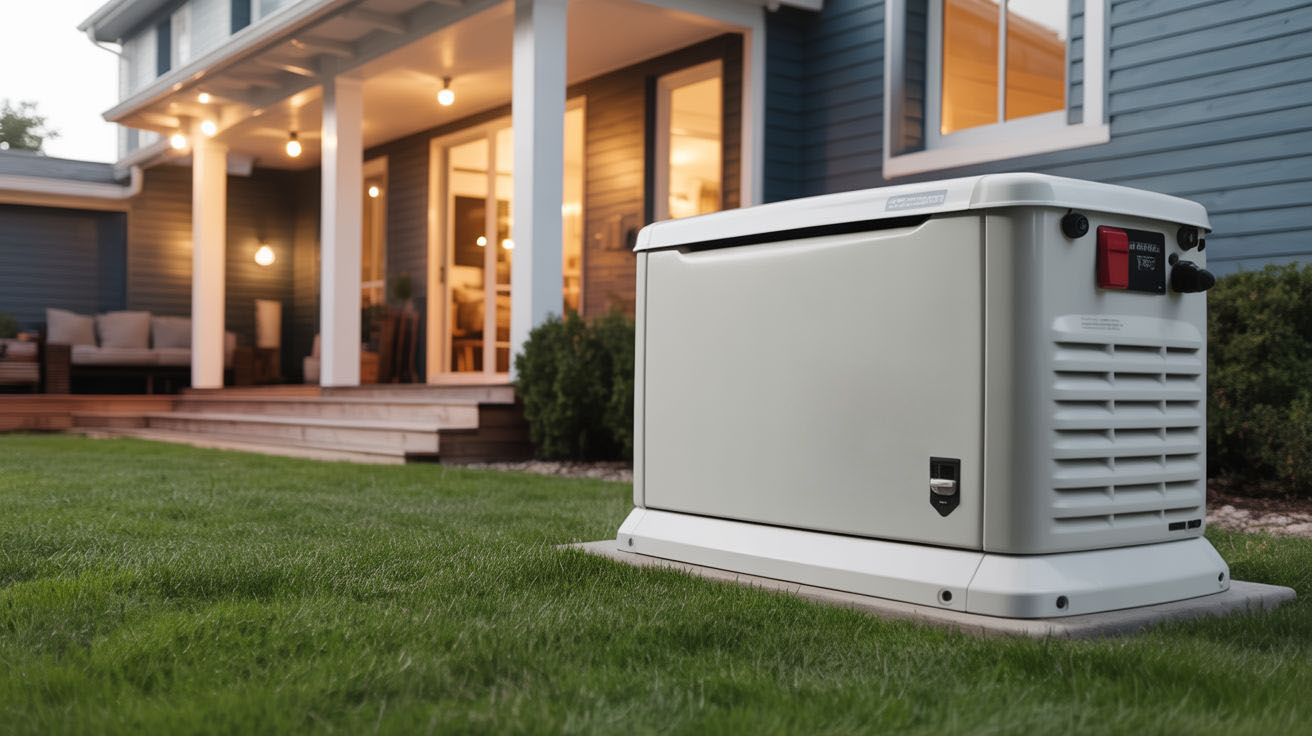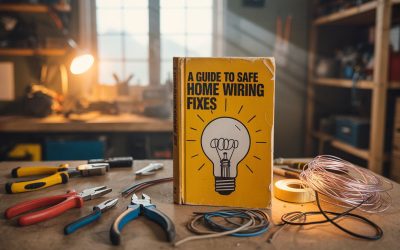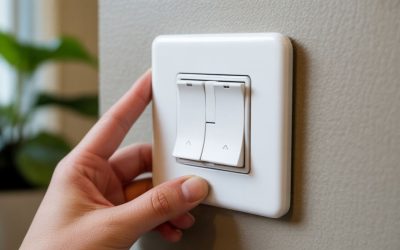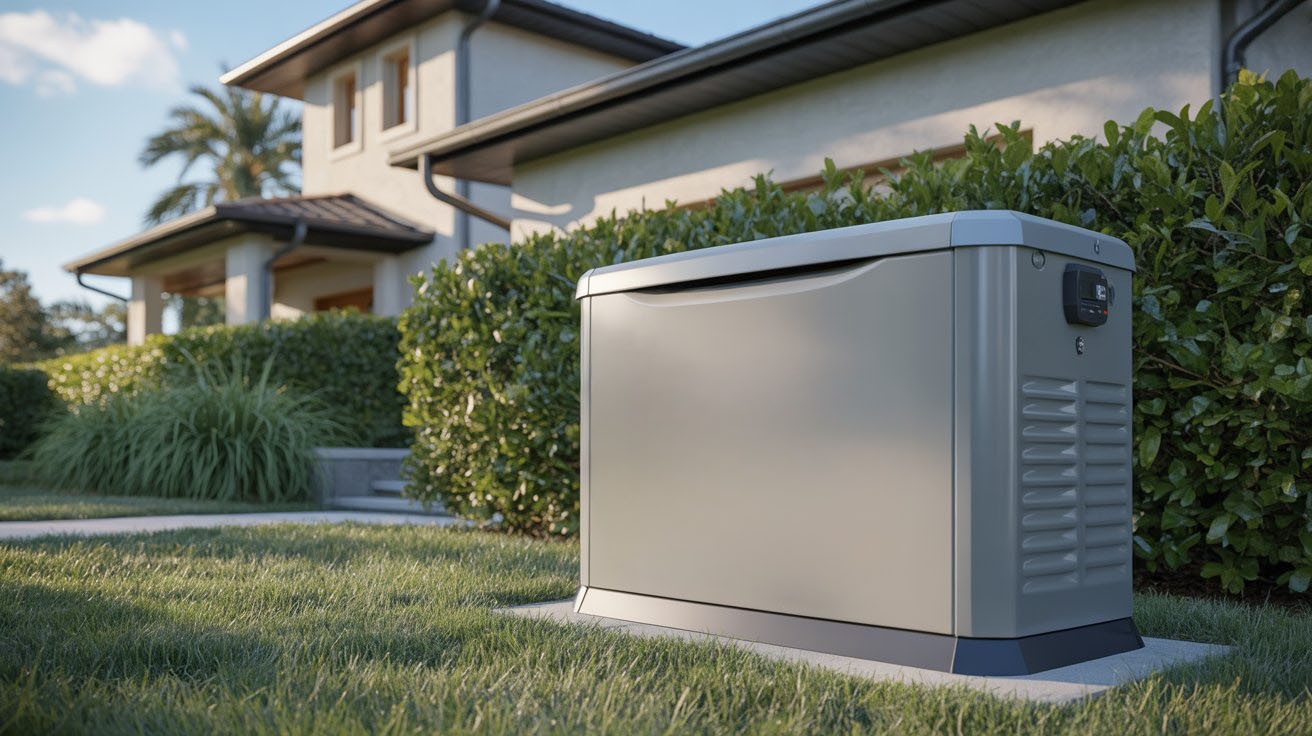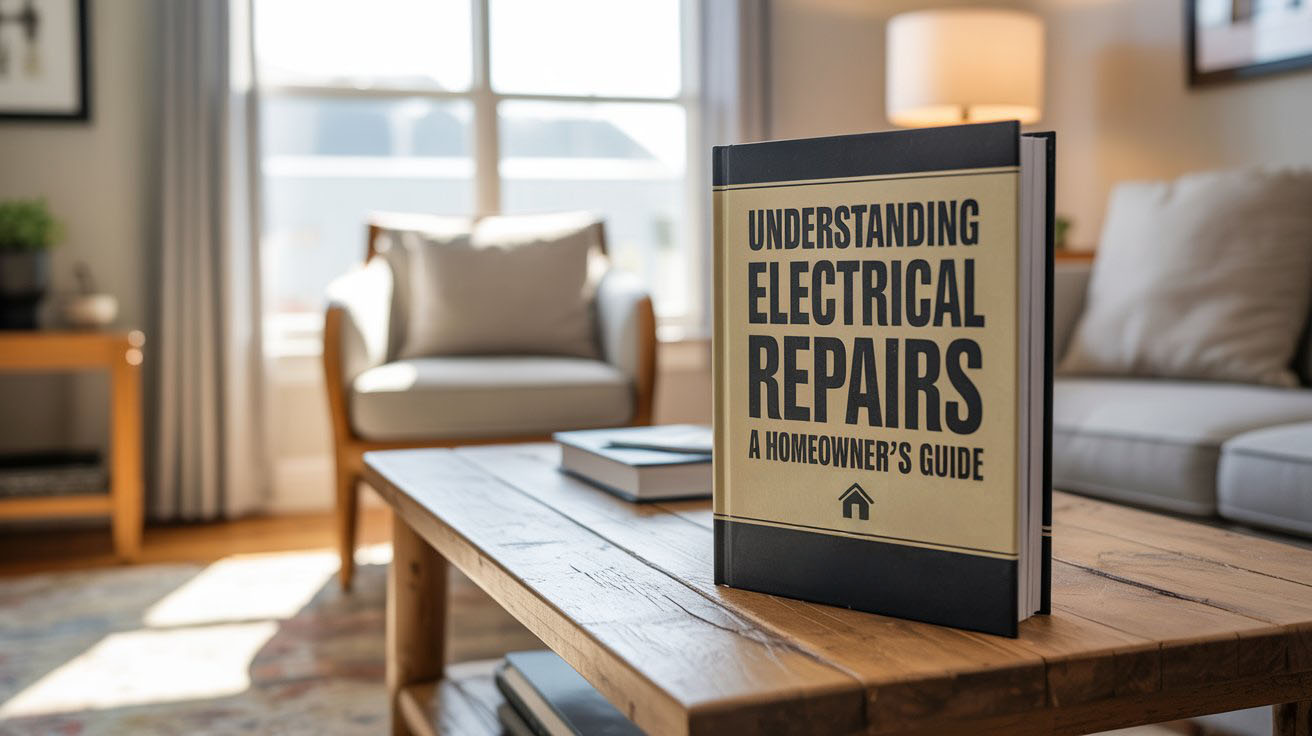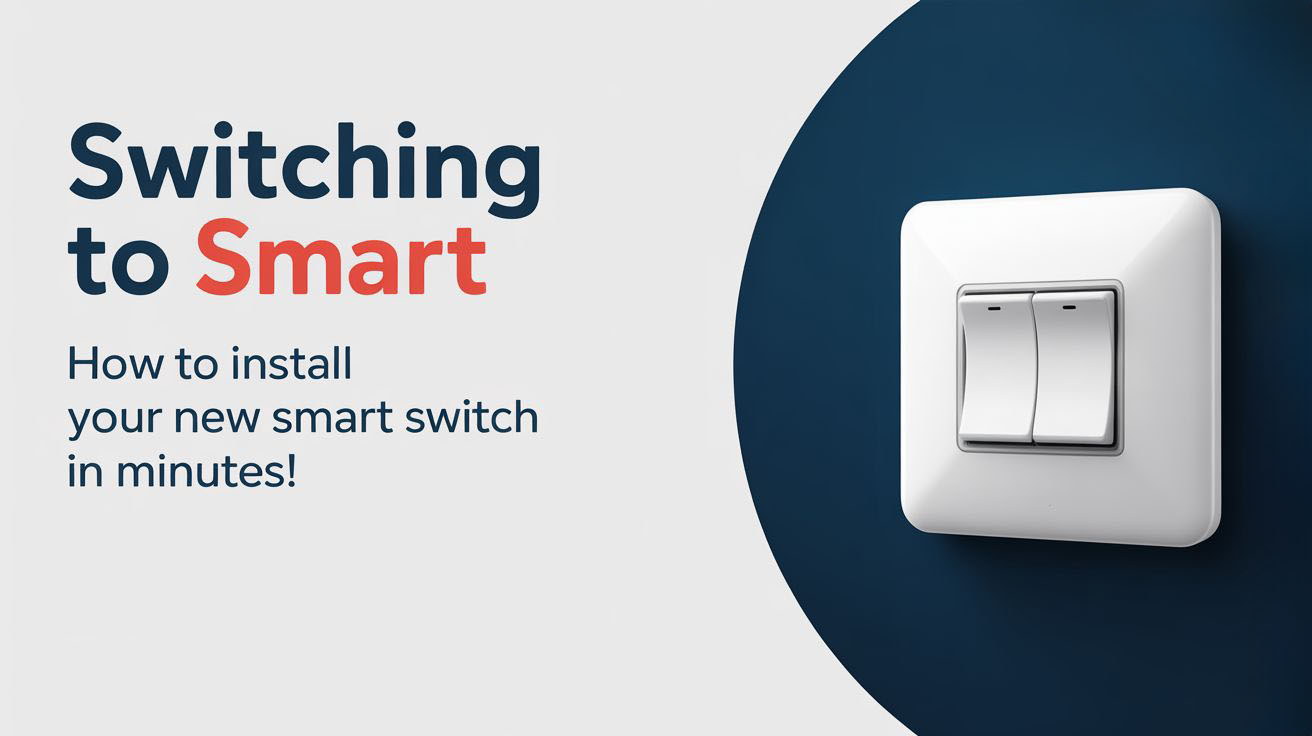Power outages can strike without warning, leaving you and your family in the dark. A generator provides a reliable backup solution, ensuring your home remains powered even during an outage. This comprehensive guide covers everything you need to know about generator installation, from types and benefits to the installation process.
Table of Contents
- Types of Generators
- Benefits of Installing a Generator
- Generator Sizing
- Installation Process
- Maintenance Tips
- Key Takeaways
- FAQ
Types of Generators
Generators come in several types, each serving different needs. Here are the main options:
- Portable Generators: Lightweight and easy to move. Ideal for temporary power needs, such as camping or outdoor events.
- Standby Generators: Permanently installed and connected to your home’s electrical system. They automatically turn on during a power outage.
- Inverter Generators: Provide stable power for sensitive electronics. Compact and quiet, these are great for recreational use.
Knowing the type of generator that fits your needs will help you make the right choice.
Benefits of Installing a Generator
Having a generator offers many advantages:
- Continuous Power Supply: Keep appliances and devices running during outages, ensuring comfort and convenience.
- Enhanced Safety: Prevent accidents and hazards associated with power disruptions.
- Increased Property Value: Many buyers see a backup generator as a desirable feature.
Power outages can create disruptions, but a generator ensures your home remains functional.
Generator Sizing
Selecting the correct size generator is crucial for optimal operation. Consider these factors:
- Appliance Power Ratings: Check the wattage requirements of essential items, such as refrigerators, lights, and medical devices.
- Starting vs. Running Wattage: Some appliances require more power to start than to run. Ensure your generator can handle these demands.
- Future Needs: Consider whether you may require additional power as your family expands or your circumstances change.
Using a wattage calculator can help determine the appropriate size.
Installation Process
Installing a generator requires care and attention. Here’s a simplified version of the process:
- Site Assessment: A qualified electrician will evaluate your property to find the optimal location.
- Permits: Obtain necessary permits before installation. This ensures compliance with local codes.
- Installation: The electrician will connect the generator to your home’s electrical system and ensure all connections meet safety standards.
- Testing: The final step is to test the system, checking that everything works properly.
Always hire a licensed electrician for installation to ensure safety and reliability.
Maintenance Tips
Regular maintenance keeps your generator running smoothly. Consider these tips:
- Regularly Check Oil Levels: Change the oil as recommended by the manufacturer.
- Run the Generator Periodically: This ensures it functions correctly when needed.
- Inspect Fuel Quality: Store fuel properly and replace it if it becomes stale.
Following these steps helps prolong the life of your generator.
Key Takeaways
– Various generator types are available to meet different needs.
– Installing a generator ensures continuous power during outages.
– Proper sizing is crucial for effective operation.
– Professional installation is recommended for safety.
– Routine maintenance extends your generator’s lifespan.
FAQ
What size generator do I need for my home?
The size of your generator depends on the total wattage of the appliances you want to power. Consider both running and starting wattages for a complete picture.
Can I install a generator myself?
While some may attempt to install a generator, hiring a licensed electrician is always best to ensure safety and compliance with local codes.
How often should I perform maintenance on my generator?
It’s recommended to check and maintain your generator every few months, including changing oil and running the unit periodically.
What type of fuel do generators use?
Generators typically use gasoline, propane, or natural gas as their fuel source. The best choice depends on your needs and availability.
How long can a generator run continuously?
The runtime varies by model, but many portable generators can operate for 8-12 hours continuously when properly fueled.
Schedule Your Electrical Service Today
Don’t let power outages affect your comfort and safety. Consider installing a generator to ensure your home remains operational. For expert assistance, reach out to us. We’re ready to help you stay powered and secure. Contact us today.

